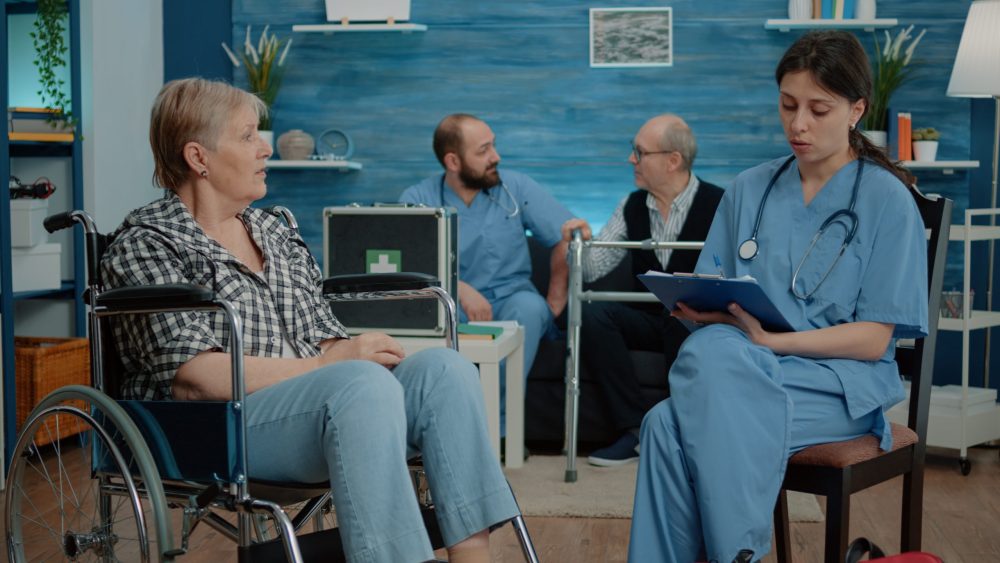
Patients who underwent robotic-assisted laparoscopic sleeve gastrectomy (LSG) with the Titan SGS Stapler had lower rates of post-operative Gastroesophageal reflux disease (GERD) compared to those treated with traditional multi-fire staplers, new research shows.
The retrospective study comprised 257 patients who underwent robot-assisted sleeve gastrectomy using the Titan SGS Stapler or multiple fires of a traditional linear stapler between 2016 and 2023.
All procedures included in the study were performed by a single surgeon.
The study has been published online in Obesity Surgery.
Forrest Ringold, MD, FACS, SAGES is an expert in bariatric and robotic surgery at the Surgical Association of Mobile and senior researcher on the publication.
Ringold said: “Improving clinical outcomes for patients — including the development of post-operative GERD — may be important for wider adoption of bariatric surgery, which remains the most effective and durable obesity treatment.
“This study adds to a growing body of evidence supporting the potentially enhanced perioperative benefits linked to the Titan SGS Stapler in sleeve gastrectomy.”
Sleeve gastrectomy is the most common weight-loss surgery in the US.
While the procedure is associated with a low rate of adverse events during and following surgery, a 2024 review of 109 studies found “a persistent concern for worsening and de novo GERD” after sleeve gastrectomy.
Pouch shapes based on anatomical landmarks have previously been shown to help reduce the incidence of GERD but highly variable surgical techniques and multiple stapler fires yield inconsistent pouch anatomy.
The Titan SGS™ Stapler is the first and only single-fire, surgical stapler designed and indicated specifically for sleeve gastrectomy pouch creation.
James Ferguson is President and General Manager, Surgical, at Teleflex.
He said: “The Titan SGS Stapler was developed to enable more consistent and symmetrical sleeve anatomy because we believe that sleeve shape significantly contributes to sleeve gastrectomy efficacy and safety outcomes.
“The study’s authors hypothesise that the improved GERD outcomes reported in the Titan SGS Stapler cohort may be because the 23cm single-fire continuous staple line without overlapping staple firings ‘results in less kinking along the sleeve staple line, which prevents inadvertent narrowing’.
“This suggests that consistent sleeve shape may play a role in reducing GERD.”
In previous retrospective studies, the Titan SGS Stapler has been associated with significantly reduced operative times, less post-op nausea and vomiting and the potential for increased operational efficiencies and significant reductions in LOS and readmissions.






